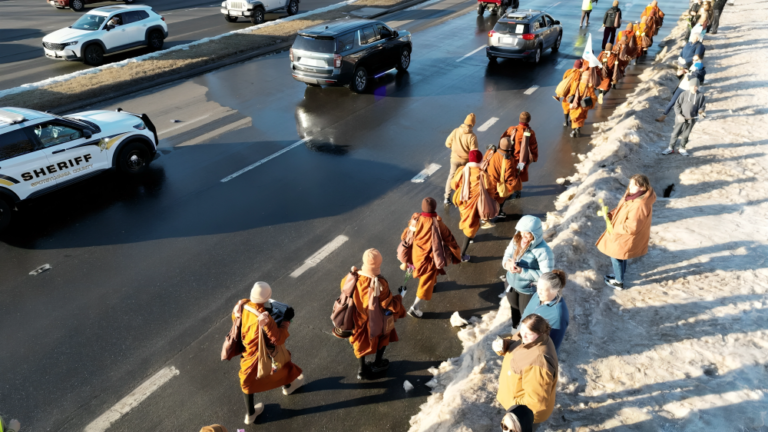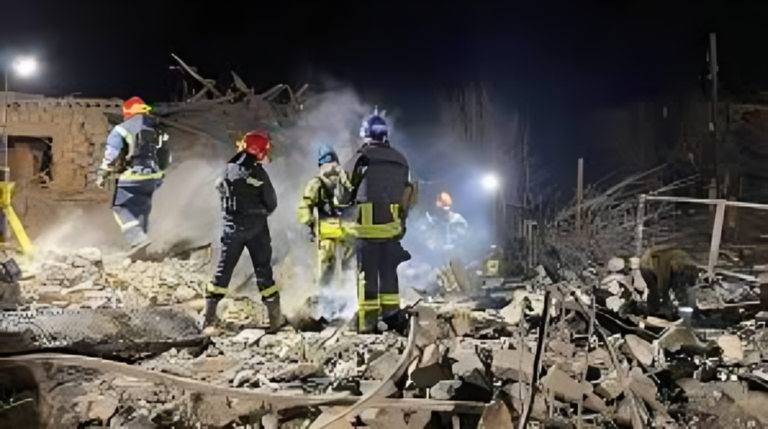A devastating airstrike in the northern town of Old Fangak in South Sudan has resulted in at least seven deaths and twenty injuries, according to the international medical charity Doctors Without Borders (MSF). The organization disclosed in a statement on Saturday, May 3, that the attack destroyed the town’s last operational hospital and pharmacy, a clear violation of international humanitarian law.
MSF also issued a stark appeal on social media, urging an immediate halt to bombings and calling for the protection of civilians and medical facilities amid the ongoing violence.
It remains unclear who was responsible for the strike or why the hospital was targeted. South Sudan’s military has yet to issue an official comment. Witnesses reported that shortly after the bombing, nearby markets were also struck, spreading widespread panic among local residents.
The attack highlights the deepening hostilities between forces loyal to President Salva Kiir and First Vice President Riek Machar. Tensions are particularly high in the Fangak region, traditionally a stronghold of Machar’s Nilotic ethnic group, which has long-standing grievances and rivalry with the government.
The violence has raised fears of South Sudan plunging back into full-scale civil war. The United Nations and Western diplomats have expressed serious concern, warning that the country’s fragile peace process is at risk.
Recently, multiple embassies including the United States issued a joint statement calling on President Kiir to release Machar and return to dialogue.
Since gaining independence in 2011, South Sudan has been embroiled in conflict, with over 40,000 lives lost during the civil war that erupted in 2013 amid ethnic divisions and leadership disputes. A peace agreement in 2018 led to the formation of a transitional government, but tensions persist.
The scheduled national elections, initially set for 2023, have been postponed twice and are now unlikely to occur before 2026, deepening uncertainty about the country’s future stability.











+ There are no comments
Add yours